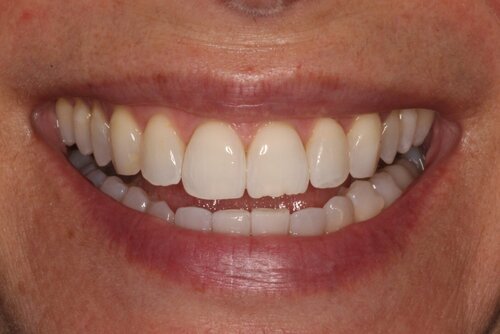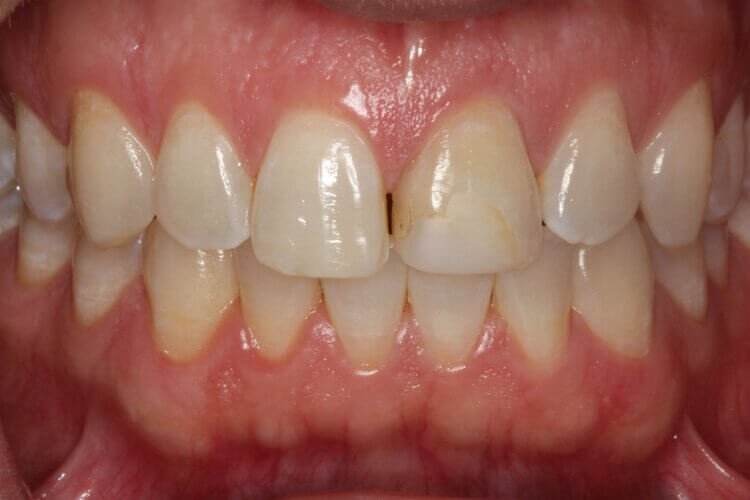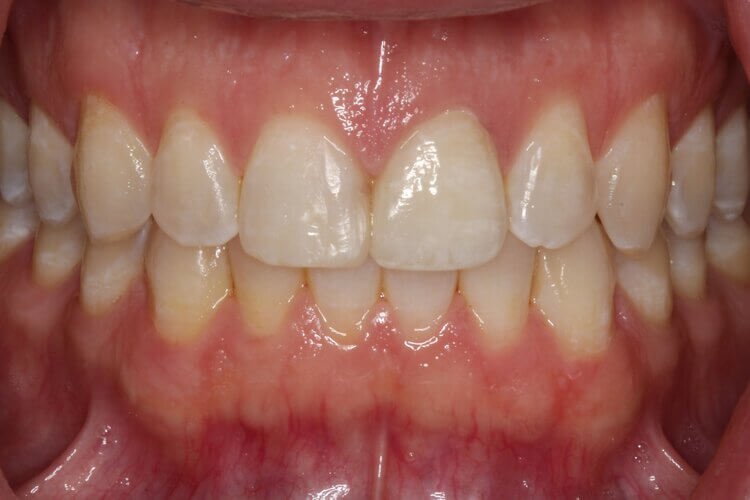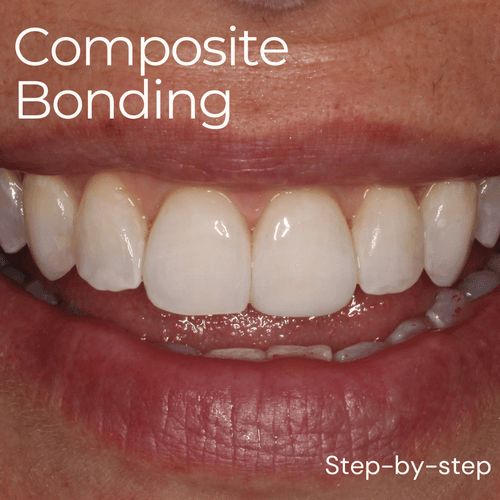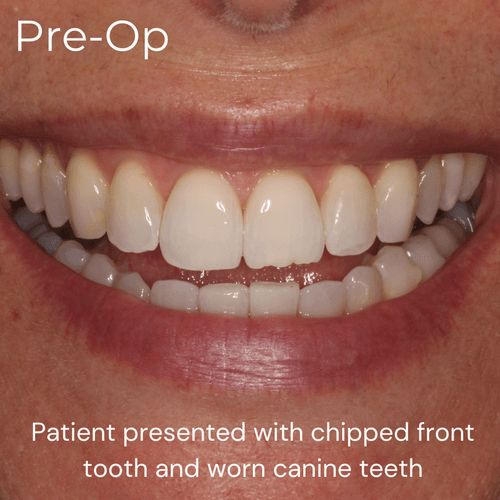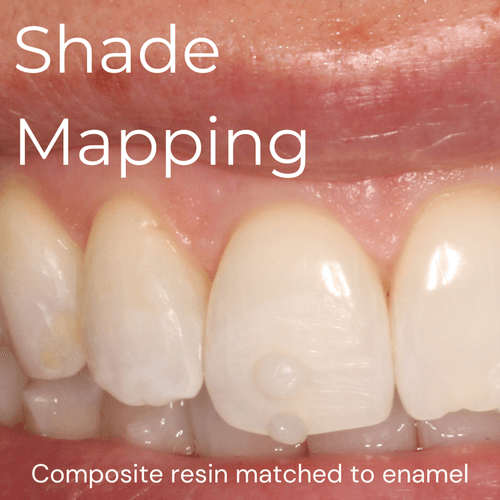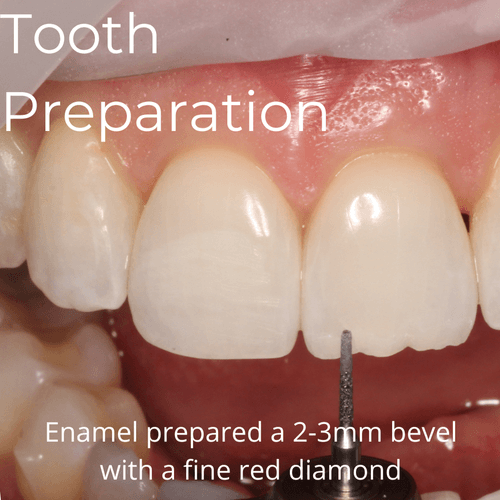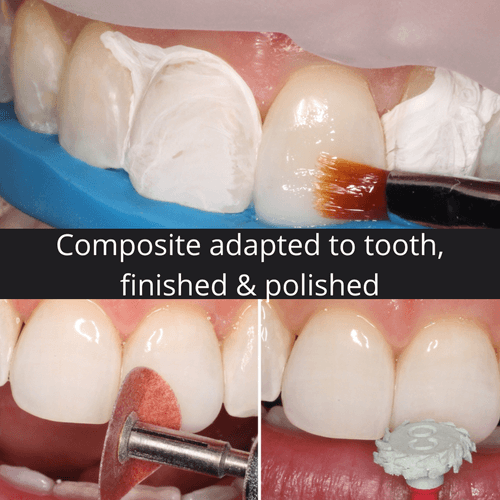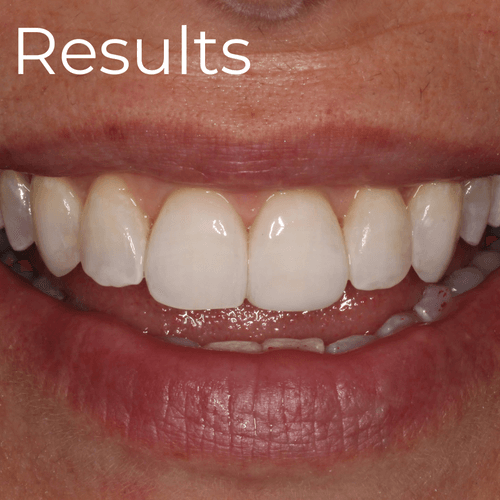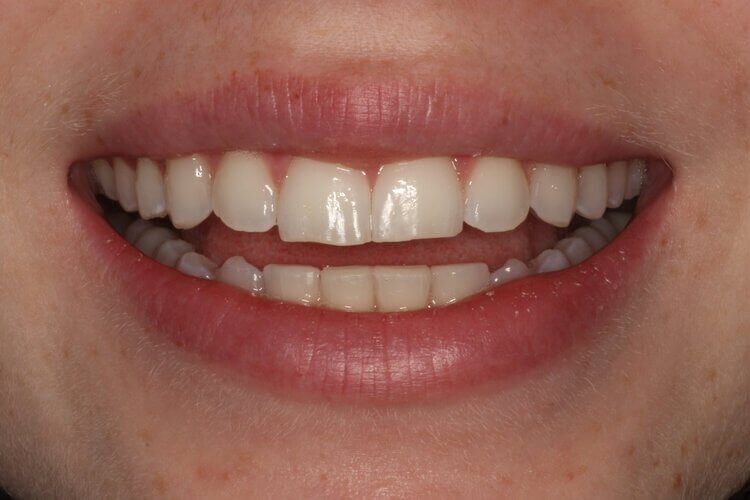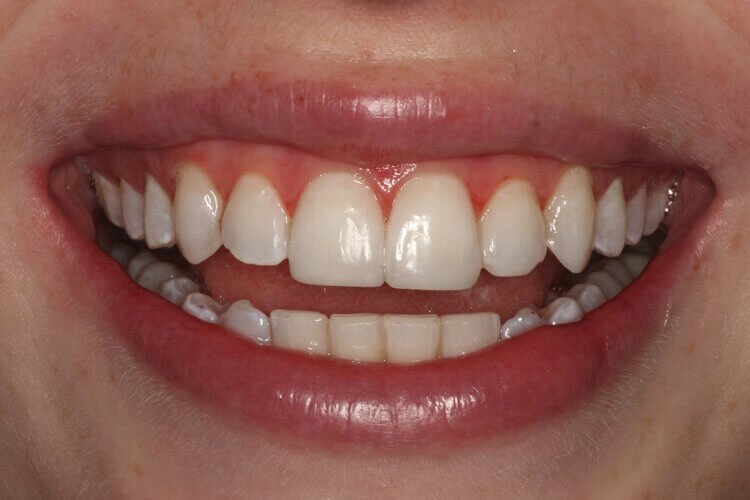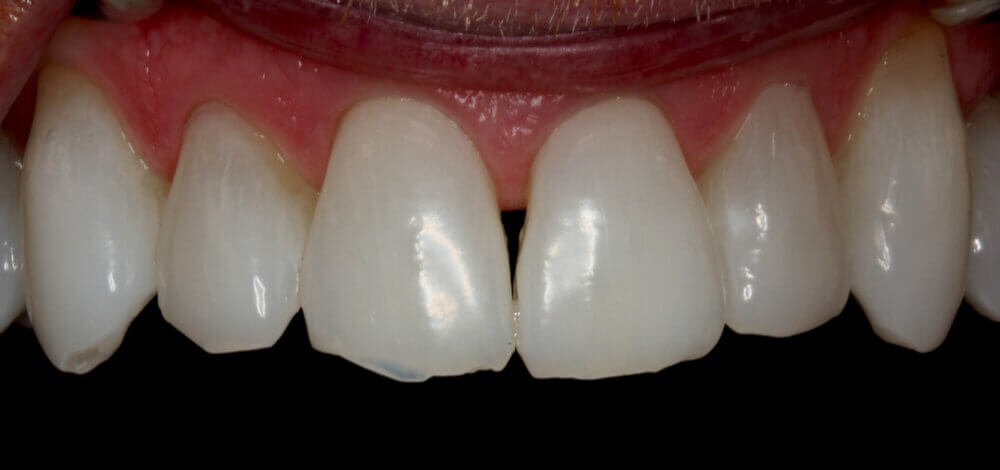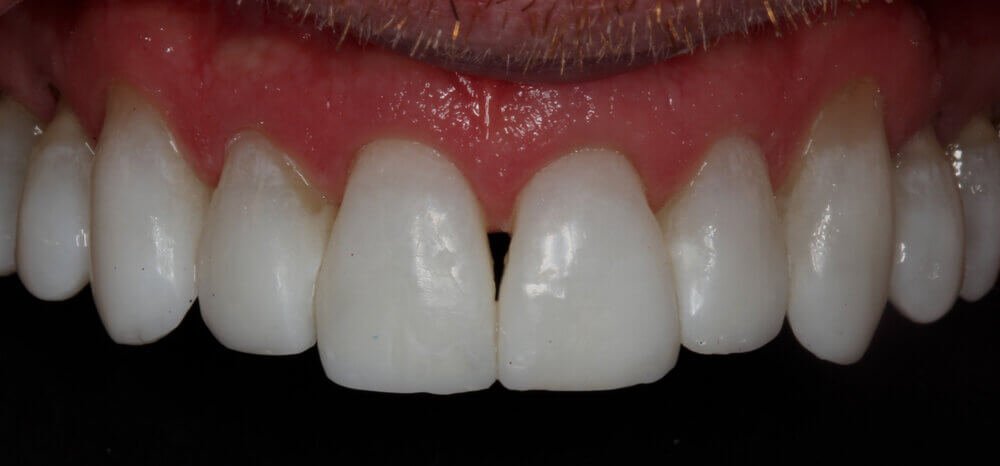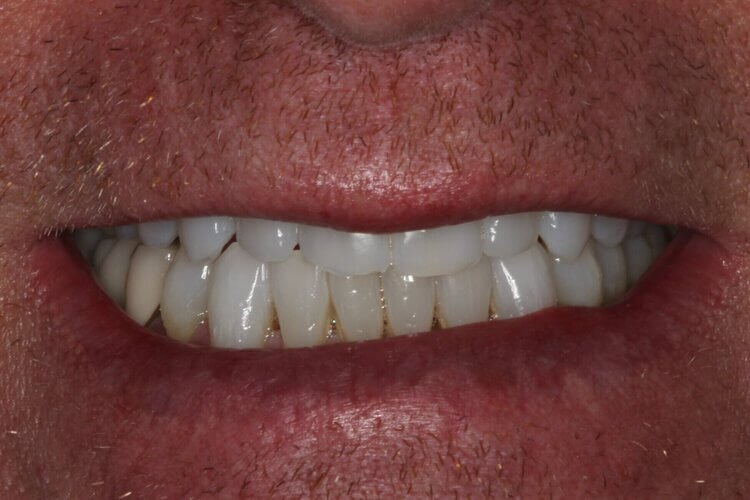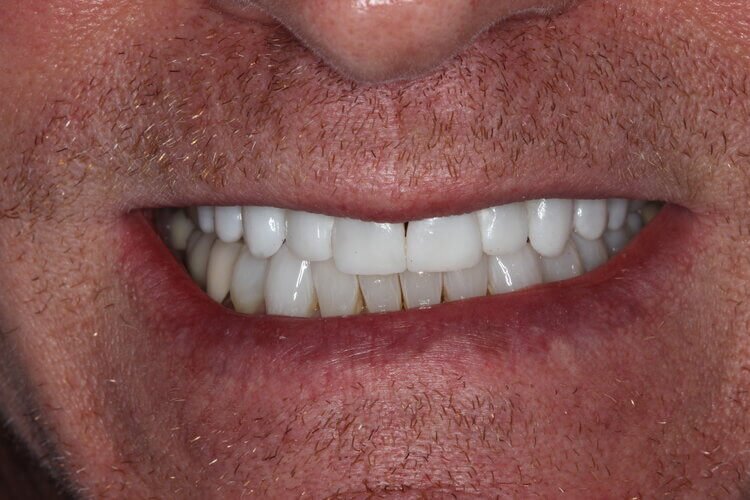Cosmetic dentistry & TOOTH bonding
Cosmetic dentistry offers a multitude of benefits beyond aesthetics, as it can significantly improve self-esteem and have a positive impact on overall wellness. One of the primary advantages of cosmetic dentistry is the ability to enhance the appearance of one's smile. A confident smile can boost self-esteem and improve self-image, leading to increased social interactions and a more positive outlook on life.
Moreover, cosmetic dentistry procedures, such as teeth whitening, veneers or orthodontic treatment, can correct dental imperfections like discoloration, misalignment, or chipped teeth. This leads to improved oral health by creating a more functional bite and making it easier to maintain proper oral hygiene. Straighter and properly aligned teeth are less prone to tooth decay, gum disease, and other dental issues.
By using advanced techniques and materials that look and feel like real tooth structure, the Core Smiles doctors can customize a smile that perfectly suits your face. With over 20 years of experience in smile design and material science, Dr. Michael Gulizio and Dr. Steven Cordoves can provide a wide array of treatment options to improve your smile and your oral health.
What cosmetic dental treatment options are offered at Core Smiles?
Dental bonding - used to repair small chips in teeth or close spaces between teeth
Removal of silver fillings and replacement with tooth-colored fillings
Enamel recontouring - a procedure that is used to recontour enamel and reshape your teeth to fit your face
Removal of black lines around old crowns
Professional-grade, in-office teeth whitening with Zoom! Advanced Power - a procedure that can brighten your teeth up to 8 shades lighter in just one hour
Smile makeovers - using advanced technology, a facial analysis and bite analysis, Dr. Gulizio and Dr. Cordoves will design a tooth shape and form that looks incredibly natural
Gum lifts and recontouring - with our soft-tissue dental laser your gum tissue can be recontoured to improve the proportions of your teeth
Gummy smile treatment - using a painless and effective treatment designed to prevent your upper lip from raising too high when you smile
Inlays and onlays
WHAT IS TOOTH BONDING?
Tooth bonding - also known as dental bonding - is a cosmetic procedure that repairs chipped teeth, cracked teeth, or alters the shape of teeth. Dental bonding can be used as a primary step to porcelain veneer treatment or in lieu of porcelain veneers. There are advantages and disadvantages to dental bonding:
DISADVANTAGES OF DENTAL BONDING
May chip or fracture, especially with patients that grind or clench their teeth
Over time, can stain unlike a porcelain veneer
May require replacement more frequently (i.e., every 3-5 years)
ADVANTAGES OF DENTAL BONDING
Usually requires minimal to no preparation of tooth structure
Direct technique - done in the clinic and does not require laboratory time
More economical than porcelain veneers
HOW DOES TOOTH BONDING WORK?
If dental bonding is used to repair a small chip it can usually be done in less than one hour without anesthesia. If dental bonding is used to repair a large fracture or to change the shape of multiple front teeth, it may be necessary to have a digital waxup completed prior to the bonding appointment. Regardless of the extent of dental bonding, the process of bonding is the same:
The tooth or teeth are cleaned with an antimicrobial pumice and a small portion of enamel is abraded with microscopic particles of aluminum oxide.
A safe etchant is applied to the enamel surface for 15 - 30 seconds and then rinsed with water thoroughly.
Adhesive is applied to the enamel surface.
Tooth-colored composite resin is applied to the enamel, contoured to the appropriate shape using special instruments, and then light cured to “set” the composite resin.
The bite is checked and the dental bonding is polished to a gloss that matches the existing tooth structure.
dental bonding case study
This patient had an old dental bonding on his central incisor that was failing. The adhesive margin displayed areas of discoloration and the bonding was discolored. After providing the patient with the option of a porcelain veneer or a dental bonding, the patient proceeded with direct bonding of the tooth. In less than 1 hour and without anesthesia, the patient left the clinic with a new dental bonding that integrated harmoniously with his adjacent teeth and smile.
“Dr. Gulizio closed the space between my 2 front teeth and recontoured my left front tooth in less than 2 hours. I walked in hating the way my teeth looked and walked out literally smiling - I couldn’t be happier. ”

